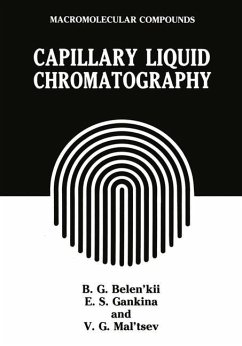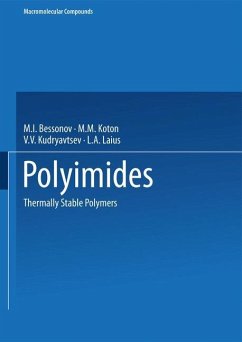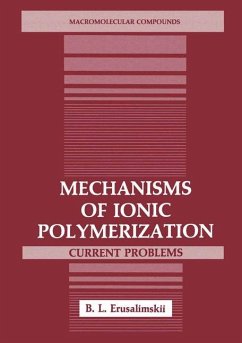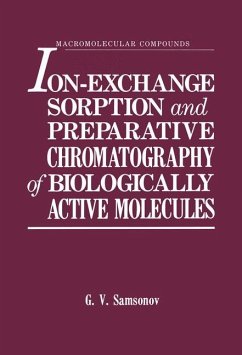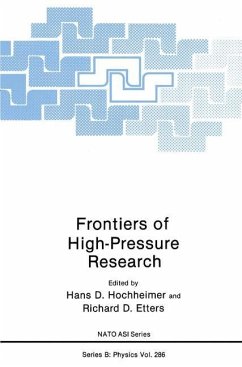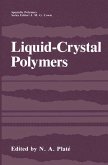In the early 1980s capillary liquid chromatography was being established; it was a period in which only a few research groups published a relatively small number of papers on the subject. In terest has since taken off, and a period of intense development, to which no end is yet in sight, is now upon us. More investiga tors and instrument-making firms are now entering the field. This greater interest has resulted in the rapid appearance of two collec tions [1, 2] and a series of topical reviews [3-6]. However, it could hardly be said that all the problems in this area have been formulated, let alone solved. The preparation of very efficient - open tubular or packed - microbore columns, for example, remains more an art than a science, while the relation ship between radial and longitudinal mass transfer, and the effect of transcolumn velocity profiles on chromatographic efficiency, have been very poorly studied. Indeed, recent publications on these subjects have sometimes, far fromclarifying matters, only muddied them further. Many instrument-making firms are trying to unify their equip ment so that it is suitable for microbore, conventional (analytical), and preparative liquid chromatography. This approach has not real ized the full potential of capillary chromatography, and there also remains room for improving the performance of capillary columns.
Hinweis: Dieser Artikel kann nur an eine deutsche Lieferadresse ausgeliefert werden.
Hinweis: Dieser Artikel kann nur an eine deutsche Lieferadresse ausgeliefert werden.

